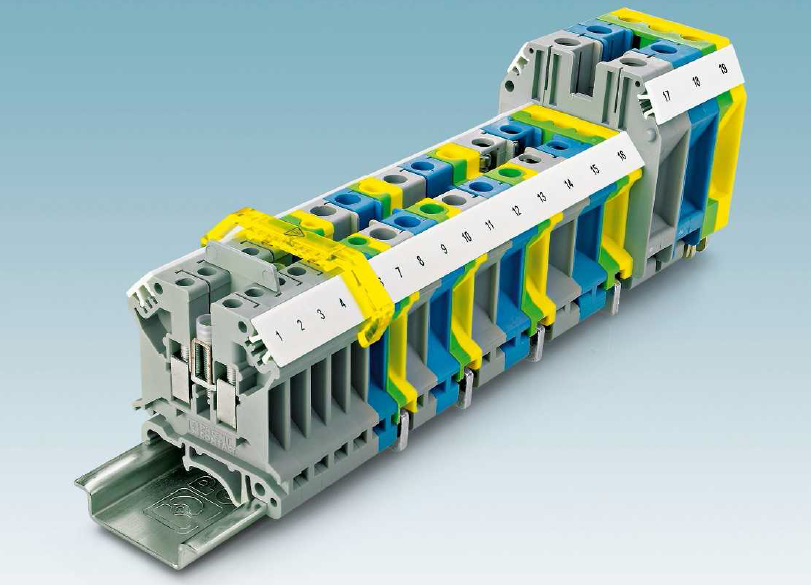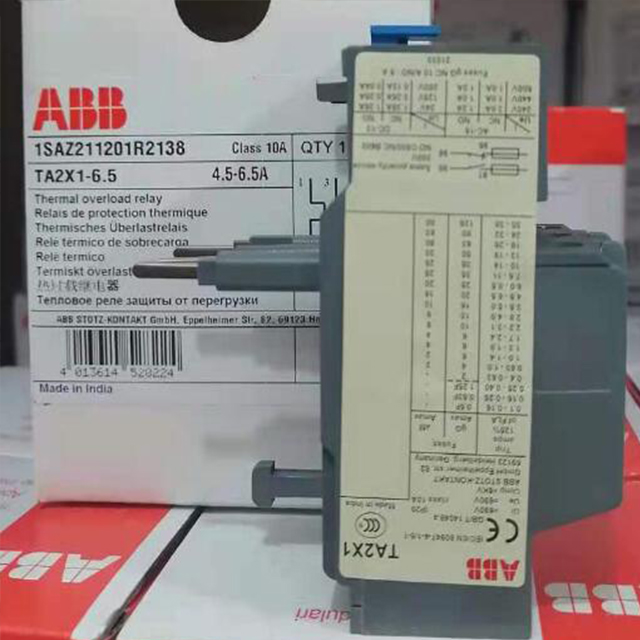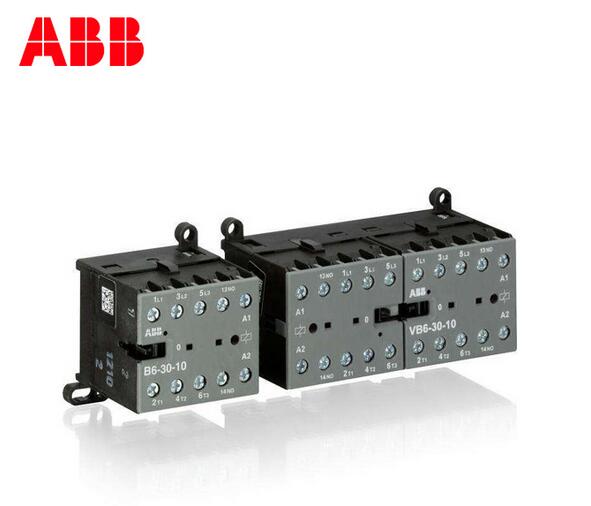菲尼克斯电源电压不稳定的表现形式
来源:http://www.jntongyu.com/ 日期:2021-06-04 发布人:admin
菲尼克斯电源分配系统上时常会产生纹波噪声。这个噪声会对周围的高速设备造成干扰,有可能引发芯片的误动作,如果没有足够稳定的电源支持高速元件的行为将是不可预测的。
Ripple noise often occurs in Phoenix power distribution system. This noise will cause interference to the surrounding high-speed devices, and may cause chip misoperation. If there is not enough stable power supply to support high-speed components, the behavior will be unpredictable.
电源完整性分析主要讨论和解决电源供给的稳定性问题。对于理想的电源分配系统传输路径阻抗为零,在电源平面上任何一点的电位都是保持恒定,并等于系统供给电压而实际的电源分配系统,由于各种噪声干扰的存在,电源分配系统上的电位会有波动,有时甚至很严重影响系统的正常工作。

Power integrity analysis mainly discusses and solves the stability of power supply. For the ideal power distribution system, the transmission path impedance is zero, and the potential at any point on the power plane is constant and equal to the system supply voltage. However, in the actual power distribution system, due to the existence of various noise interference, the potential on the power distribution system will fluctuate, sometimes even seriously affect the normal operation of the system.
菲尼克斯电源不稳定的主要表现形式就是同步开关噪声,是指高速开关器件状态切换时产生的瞬态交变电流,在经过回流路径上存在电感时,形成的交流压降所以也称为噪声。如果电源反弹噪声的相位与地反弹噪声相反,会使高电平信号上噪声波形幅度加倍。
The main manifestation of the instability of Phoenix power supply is synchronous switching noise, which refers to the transient alternating current generated when the high-speed switching devices switch state. When there is inductance in the return path, the AC voltage drop is formed, so it is also called noise. If the phase of the power rebound noise is opposite to that of the ground rebound noise, the amplitude of the noise waveform on the high level signal will be doubled.
电压调节模块是供电的源端,转换电压到另一个电压。某元件的使用一个参考电压和反馈回路来监测负载电压,从而达到调节输出电流的作用。
The voltage regulation module is the source end of the power supply, which converts the voltage to another voltage. A reference voltage and feedback circuit are used to monitor the load voltage of a component, so as to regulate the output current.
相关新闻
 电动机保护用断路器MS2X系列
电动机保护用断路器MS2X系列  热继电器TA2X系列
热继电器TA2X系列  宽电压接触器AF系列
宽电压接触器AF系列  接触器B系列
接触器B系列 
 鲁公网安备 37010402001012号
鲁公网安备 37010402001012号